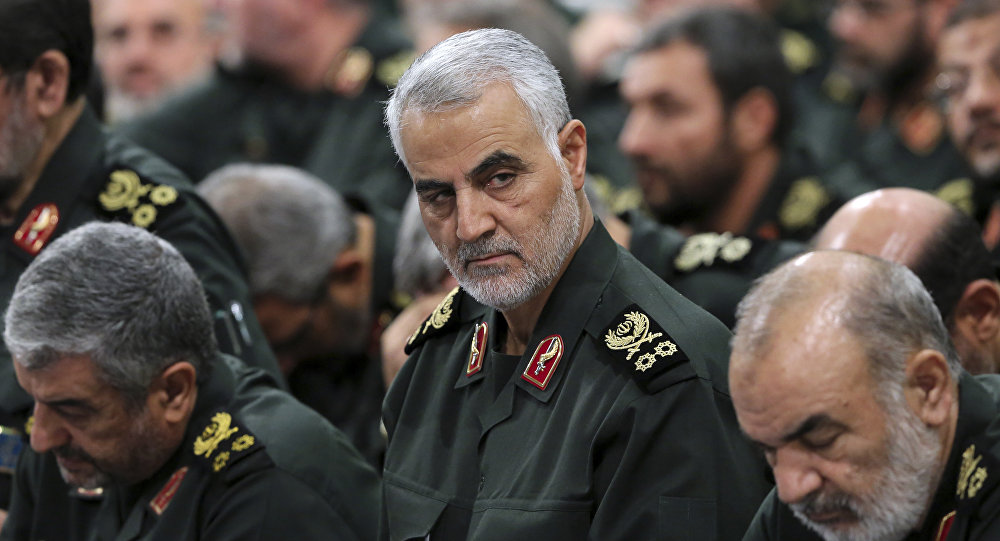Has Tehran achieved victory in Syria?
د. ماجد ربيزاده: هل حققت طهران النصر في سوريا؟
Dr. Majid Rafizadeh/Arab News/January 04/19
This week, Iran’s state-controlled Persian news outlets dedicated significant coverage to the latest developments in Syria. Tehran appears to be investing significant capital in promoting a narrative that it and Syrian President Bashar Assad have achieved victory after almost eight years of bloody conflict and civil war.
Persian newspaper headlines include “Victory for the Syrian people, government” and “Arab countries line up to return to Syria.” Tehran is also celebrating the decision by President Donald Trump to withdraw US troops from Syria, viewing it as tipping the balance of power in its and Assad’s favor.
Tehran is trying to send a message to the Iranian people that the human and economic costs of its involvement in Syria have not been fruitless. This message is consistent and unanimous among Iranian leaders across the political spectrum because all parties have advocated the same policies on Syria.
While many Iranians struggle to make ends meet, they have watched their government gradually increase its political and economic interventions in Syria while disregarding their grievances. At the beginning, Tehran said it was only providing diplomatic, advisory and moral support to Assad. But Tehran then deployed the Iranian Republican Guard Corps (IRGC) and provided military, intelligence and economic assistance to the Syrian regime.
Later, the IRGC dispatched low-level soldiers and senior military generals to Syria, used its militias and proxies from across the region (including Lebanon’s Hezbollah), and recruited fighters from countries such as Afghanistan to serve alongside Assad’s forces.
A significant part of Iran’s wealth began being directed to help Assad retain power, rather than to help its own citizens. Tehran opened a credit line for the Assad regime and regularly extended it until it reached billions of dollars. Tehran began spending roughly $16 billion a year backing Assad.
Spending billions of dollars on the war has created an economic crisis in Iran that has led to nationwide protests that could endanger the clerical hold on power in the long run.
By showing that Tehran has emerged as a winner in Syria, Iranian leaders are trying to project power to its militias and proxies to reinforce their loyalty. This helps it advance its hegemonic goals by depicting itself as an indispensable regional power that was able to keep Assad in power despite all the obstacles and opposition. Spreading the idea that it has won in Syria also serves a core pillar of Iranian foreign policy: Scuttling US policy in the region.
From strategic and geopolitical standpoints, Tehran can be considered successful in Syria, having kept Assad in power, empowered its proxies, disrupted the regional goals of its neighbors and the West, consolidated a regional coalition, and tipped the balance of power in the Middle East in Iran’s favor.
But when one looks at the big picture, Iran has suffered more than it has gained from the Syrian conflict. Spending billions of dollars on the war has created an economic crisis in Iran that has led to nationwide protests that could endanger the clerical hold on power in the long run.
• Dr. Majid Rafizadeh is a Harvard-educated Iranian-American political scientist. He is a leading expert on Iran and US foreign policy, a businessman and president of the International American Council.























